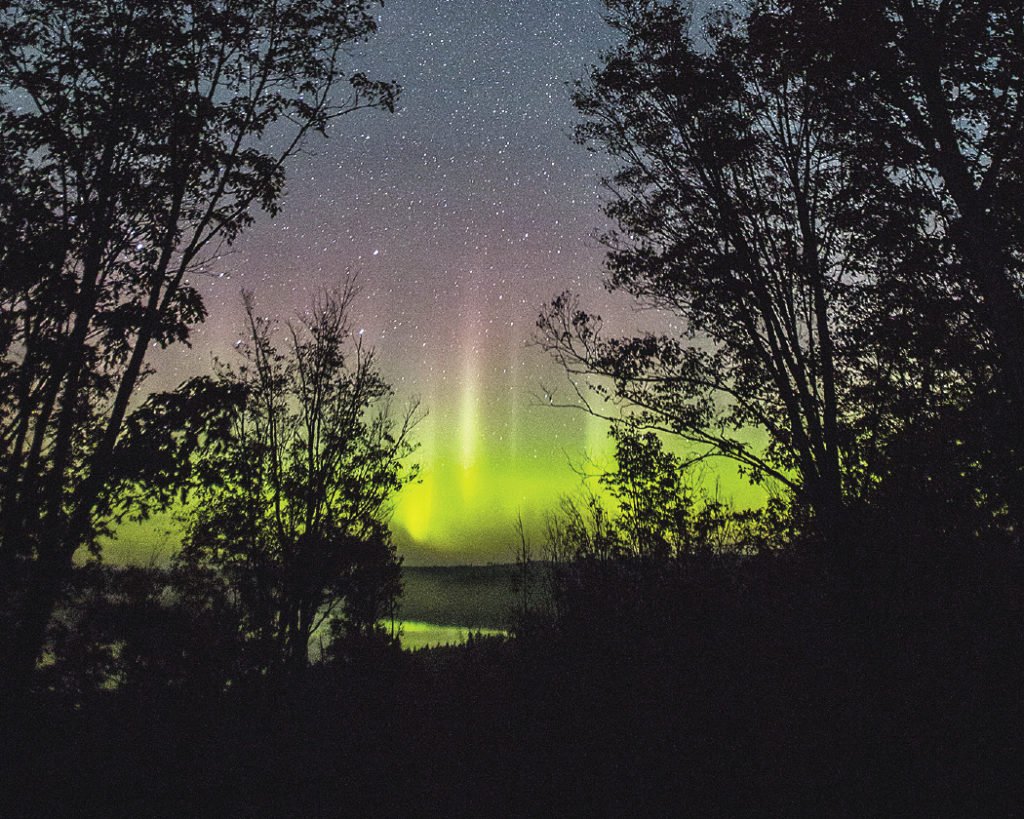DULUTH—The entirety of the Boundary Waters Canoe Area Wilderness (BWCAW) gained Dark Sky Sanctuary status this summer after initial discussions began back in 2008. This makes this area on the Superior National Forest the first-certified Minnesota site and first federally designated wilderness site. The BWCAW is the 13th location in the world to gain this unique title and at 1,098,000 acres in size, it is the largest.
“We are excited to receive the Dark Skies Sanctuary designation for the BWCAW and are committed to preserving dark sky opportunities for future generations,” said Superior National Forest supervisor Connie Cummins.
The International Dark Sky Association is a non-profit organization founded in 1988 with the goal of reducing light pollution and protecting night skies for the present and into the future. A Dark Sky Sanctuary is “public or private land that has an exceptional or distinguished quality of starry nights and a nocturnal environment that is protected for its scientific, natural, or educational value, its cultural heritage and/or public enjoyment.”
According to the International Dark Sky Association, “Experiencing the night sky provides perspective, inspiration, and leads us to reflect on our humanity and place in the universe. The history of scientific discovery and even human curiosity itself is indebted to the natural night sky.”
This designation confirms what people in the area have enjoyed for thousands of years. Dark skies, starry nights and astonishing northern lights displays have been part of the experience long before the area was designated Wilderness with the passage of the 1964 Wilderness Act and 1978 BWCA Wilderness Act, subsequent legislation.
“Conservation and preservation laws, policy and guidance all lead to the protection of the night skies for scientific, natural, educational, cultural, and public enjoyment values, which are all part of protecting wilderness character,” said BWCAW program manager Ann Schwaller.
According to a 2016 National Geographic article, 80 percent of Americans cannot view the Milky Way anymore due to light pollution. Researchers worry that humans around the globe are losing access to the scientific, philosophical and spiritual benefits of appreciating a dark sky blanketed by stars.
For more information, visit: darksky.org.

